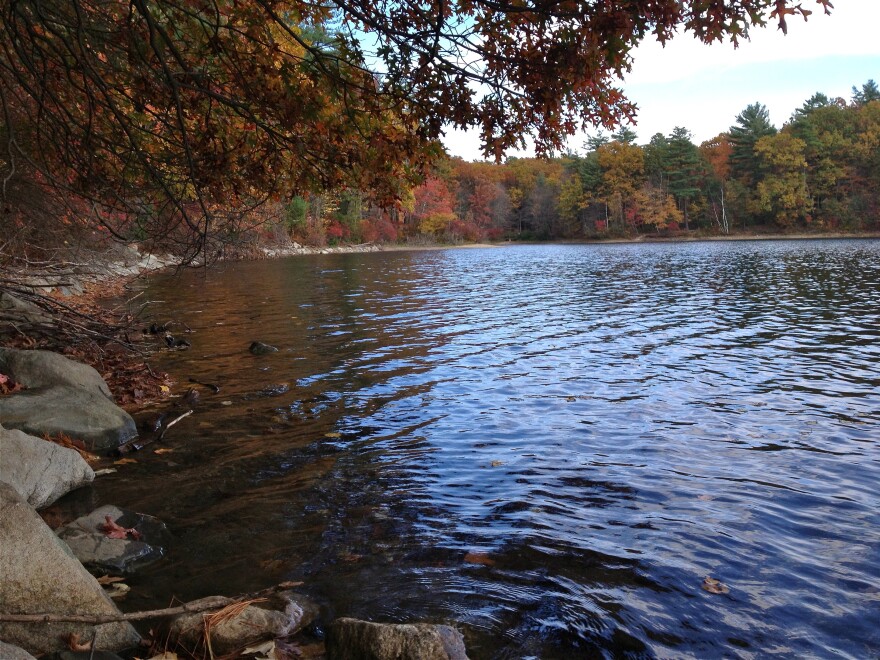I remember the first time I visited Walden Pond. It was a brilliant spring day, decades ago now, when I cycled out to Concord, Massachusetts. I had read and admired Thoreau for years and this was my first trip to the spot where he wrote his classic account of living alone in the woods. I arrived with great expectations, but came away oddly disappointed.
The famous pond Thoreau had explored and praised so lyrically did not look like anything special; it looked, in fact, quite ordinary.
It was not until much later that I realized I had been disappointed, not by Walden, but my own expectations. I had read the book and then had gone out and expected the reality of the natural setting to unfold, chapter by chapter, with the same ease and drama that Thoreau had quarried out of it only after years of hard work fashioning the landscape into the stuff of literature. It was my first lesson in mistaking art for place.
What we see, or experience in nature depends, not so much on where we are as on an almost infinite number of other factors: how much we know, or think we know about a place, our physical condition and mood, the time of day or year, the weather, the wind, the sky, the clothes we wear, whether we are alone or with other people, and so on. But often the most important factor is how we have experienced a place vicariously before we actually experience it in person.
Most of us are, in a sense, crippled in our encounters with nature because our formative experiences of the natural world are not first-hand but “packaged” – in books, movies, television documentaries, museum exhibits, guided nature walks, lectures, and of course the infinite representations of nature on the Internet. No matter how informative or professional these representations may be, we are conditioned by them to expect nature itself to appear before us in a condensed, narrated, edited, illustrated, and above all entertaining form, one that requires no investment from us.
But nature is not a cool medium and never repeats itself. Each place, each day wears a different aspect, the meaning of which reveals itself to us only if we invest ourselves in it, only if we risk something of our understanding of a place in our encounter with it. Where we finally go does not matter so much as what we bring along with us. Knowledge, of course, is important.
Knowing something about a place’s animals, plants, insects, weather patterns, geology, and the relations between them enriches our experience of a place. Yet I think we always walk best in a place that we walk without expectations, that we know, not from field guides or reference books, but from personal, unedited contact. The interest of a particular countryside grows not so much with knowledge as with acquaintance. It is the same for landscapes as it is for people. We need to make connections, not only among its outer parts, but from within ourselves.
If we can acquaint ourselves with a place, but not think we know it; if we can learn enough basic facts to gain entrance, but not to draw a curtain of certainty over what we might encounter there; if we have cocked our ears but do not require what we hear to have a human sound; and finally, if we seek confrontation rather than confirmation, so that even our chancest meeting with a wren, a starflower, or a granite boulder risks our most cherished conceptions about the world – then, then we might see something.







